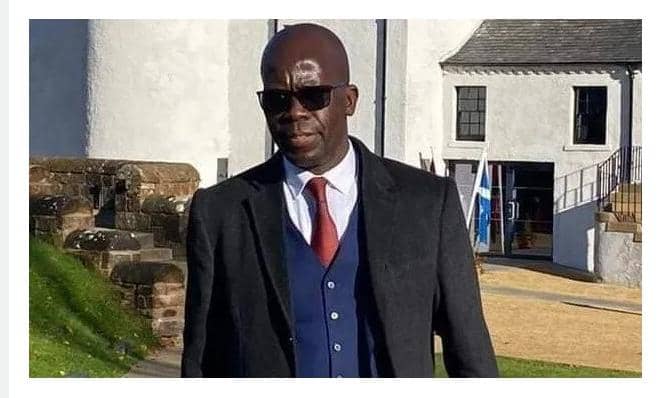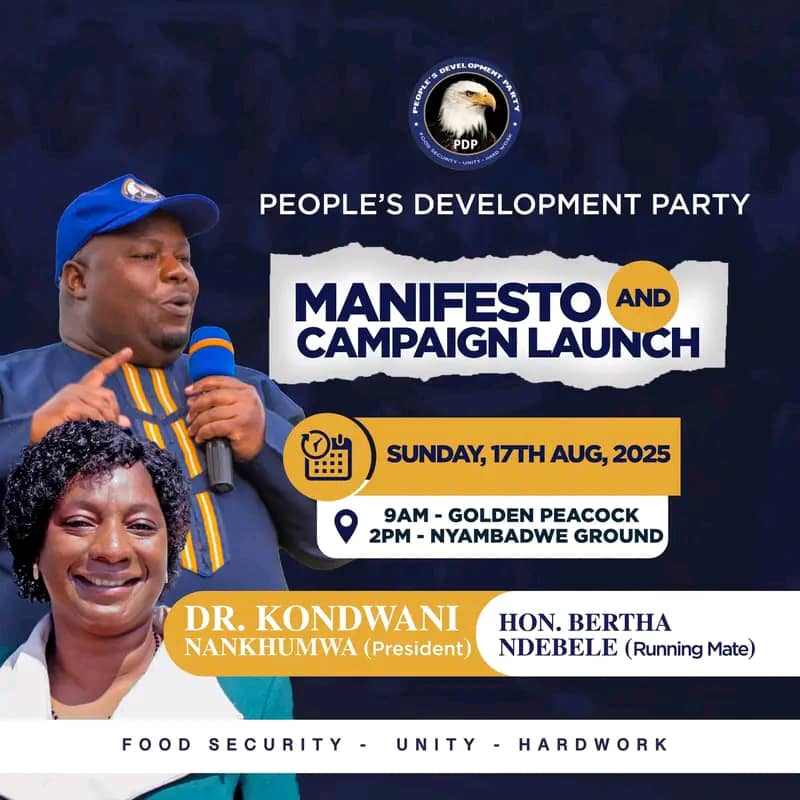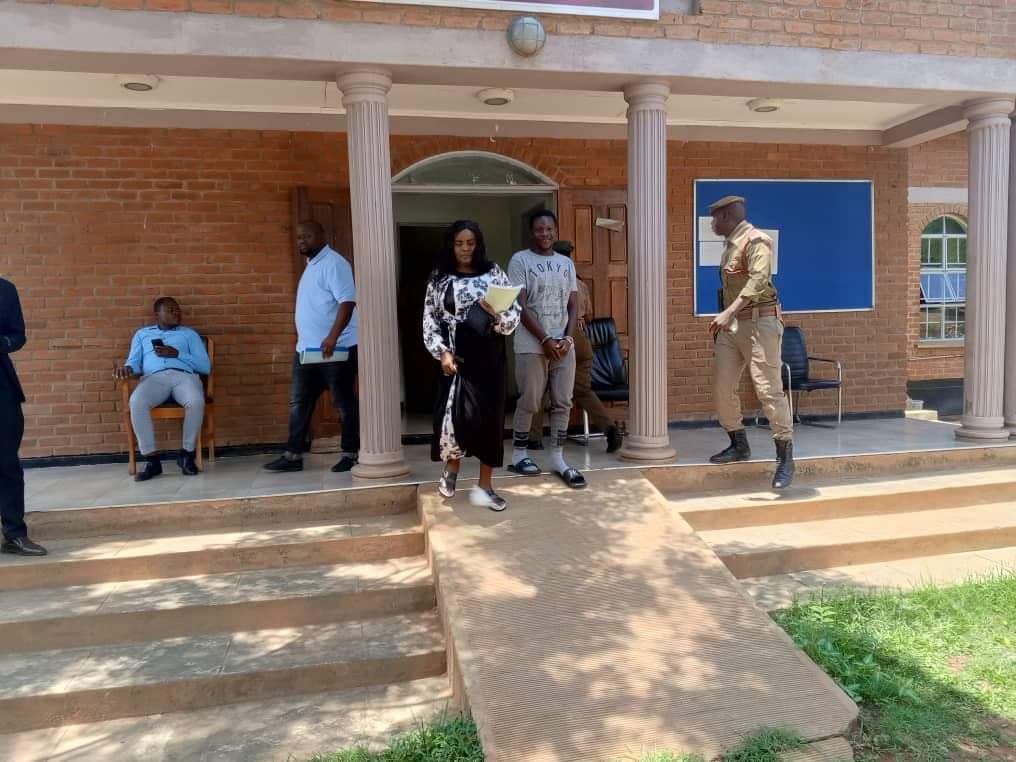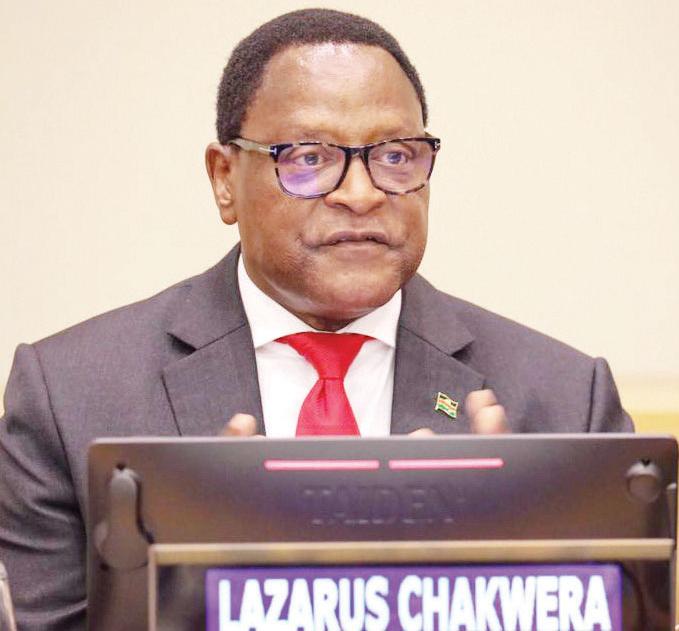By Burnett Munthali
The reported attack on National Intelligence Services (NIS) Director General Dokani Ngwira by Malawi Congress Party (MCP) Youth League members at Kamuzu International Airport (KIA) underscores a disturbing trend of political violence and impunity. This incident reflects deeper issues within Malawi’s political landscape, including the resurgence of violent tactics, factionalism within the ruling party, and the erosion of public trust in democratic institutions.
The presence of machete-wielding youth at a secure national facility like KIA is alarming. It not only raises concerns about public safety but also tarnishes the image of Malawi as a peaceful democratic state. The MCP Youth League’s actions evoke memories of the party’s authoritarian past during the one-party rule, characterized by fear and intimidation. Such violence risks alienating voters and undermining democratic principles. Historical precedents, such as the demise of the UDF’s Young Democrats and DPP’s Cadets, suggest that violence-driven politics is unsustainable and counterproductive.
The targeting of Ngwira appears to be fueled by internal MCP dynamics. Allegations of tribalism, favoritism in recruitment, and dissatisfaction with intelligence reports unfavorable to the party reflect a divided leadership. Secretary General Richard Chimwendo Banda and Director of Youth Steven Malondera have been implicated in orchestrating these attacks, possibly as part of a broader struggle for control within the party. Such divisions threaten the stability of the MCP and its ability to govern effectively.
The failure of law enforcement agencies to act decisively against the MCP Youth League signals a breakdown in the rule of law. The silence of President Lazarus Chakwera and other senior party officials further exacerbates the situation, creating an environment where violence is normalized. This impunity risks emboldening other political actors to adopt similar tactics, leading to a cycle of violence and instability.
Public Perception and Electoral Implications
The MCP’s association with violent youth groups could have dire electoral consequences. History shows that voters reject parties that resort to intimidation and violence. For instance, Bingu wa Mutharika’s electoral success was built on a platform of peaceful governance, contrasting sharply with the violent tendencies of his predecessors. The MCP risks alienating its base and the broader electorate if it continues down this path.
Recommendations
Firstly,: President Chakwera must publicly condemn the actions of the MCP Youth League and hold those responsible accountable. This would demonstrate a commitment to upholding democratic values and restoring public trust.
Secondly, The Malawi Police Service and other security agencies must act impartially to prevent political violence and ensure public safety, regardless of the perpetrators’ political affiliations.
Thirdly, The MCP should address its internal divisions and discourage factionalism. Promoting unity and inclusivity within the party could mitigate the risk of further violence.
Fourthly, there is a need for comprehensive civic education to promote non-violence and democratic participation among the youth. Political parties should encourage their supporters to engage constructively in the democratic process.
Fifthly, Regional and international bodies should monitor Malawi’s political environment to ensure that the upcoming elections are free from violence and intimidation.
The attack on NIS Director General Dokani Ngwira serves as a stark warning about the dangers of political violence and impunity. For Malawi to maintain its democratic trajectory, the MCP must urgently address its internal challenges and commit to peaceful and transparent governance. Failure to do so risks not only the party’s political fortunes but also the stability and progress of the nation as a whole.




